Startup Stories of 24 entrepreneurs by a start-up author for start-up aspirants
In this age when most employees nurture a dream of starting a business of their own, and search for inspiring stories and ideas to begin a venture, Renji George Amballoor wrote a book about 24 successful startup entrepreneurs stories in Goa. All of them conceptualized and began their unique business ventures before the startup became a buzzword in India.
Renji George, a Professor in a Start-up college wrote the startup stories to inspire students to take up start-up ventures. Since parents are unenthusiastic to allow their children to take a plunge into risky start-up ventures, Amballoor felt the book will give the parents the courage to support their children. He put in a lot of effort to meet the 24 entrepreneurs and to write about their success stories. Here is an interview with the author of ‘Driven by Passion’, Renji George Amballoor, about the writing of the book and about start-ups in India:
Tell us something about yourself
Dr. Renji George Amballoor is a non-resident Keralite (NRK), currently associated as Associate Professor & HoD, Department of Economics, with Government College, Quepem, Goa, for the last 26 years. Has a Doctorate degree in Economics from M G University, Kottayam and an Executive MBA from Goa Institute of Management (GIM).
Got appointed as the officiating principal of a start-up Government College for setting up the institution. Also the recipient of the D D Kosambi Research Fellowship-2013 ( Sr. Category) awarded by Department of Art & Culture, Govt. of Goa & Dempo Research Fellowship- 2008 awarded by Vasantrao Dempo Education & Research Foundation, Goa.
What is the book about; and how did you start writing the book?
The book is about 24 first generation entrepreneurs of Goa for sectors from sectors like agriculture, dairy farming, hospitality, drama, music, health care, culture, artwork, waste management, industrial designing, manufacturing, corporate training, information enabled services, etc. None of them had any family background in business.
About the startup stories
In all the stories, entrepreneurship grew out of their passion and dream to do something different. Their underlying philosophy is that of determination, positive attitude, simplicity and creativity. The narratives of almost all of them highlight the need for creative out-of the box thinking for transforming their challenges into new business opportunities. The objective of this book is to motivate and infuse students and youth into a culture of entrepreneurship & startup with local stories from their catchment areas.
Students and internships
After interacting with most of the students, who were first time learners, as the officiating principal of a start-up Government College, I felt the need to push them into the mainstream. Internship program was something close to my heart and I decided to implement it. It was an easy assignment to convince the students into an internship but the stumbling block was their parents.
Their argument was that their ward had to travel additional 10 to 15 kms to avail the internship. The dissenting parents made the champions of the internship programme, identifying and narrating the local success stories. In a short period of five years, I had a lot of stories to entertain the parents. With these stories in my inventory, I felt the need for documenting these stories for deeper penetration and wider reach.
Who are your target audience?
My target audience includes students and youth who generally queue up in front of government offices, industrial estates and foreign embassies. Many times, they end up being employed at places, institutions and departments with no scope for expressing their creativity. By introducing them with stories into the world of startup and entrepreneurship, the optimal utilization of demographic dividend can be ensured.
Give an example of one of the entrepreneurs from this book?
Stories of all the 24 first generation entrepreneurs are interesting but the outstanding among them is that of Late Prashant Shinde. After securing a Diploma in Production, joined Pentair as an engineer, but his aim was to go to the US. But his dreams shattered with India test firing the Pokhran-II nuclear bomb.
Disappointed at the turn of the events, he decided to do something of his own. Along with his friend Supriya, who later on became his life partner, carried out an extensive market survey and zeroed in on the packaging industry but both were clueless about the sector.
Rise of Prashant
Prashant took a train to Dharavi, which had a lot of informal packaging units. He got employed in one of them as a helper with an objective of mastering the machinery and its process. Impressed by his enthusiasm and efficiency, the owner of the unit made him an operator.
After spending six months in Dharavi, he returned back with rich experience and exposure. With a small bank loan, he purchased machinery but had to search for about 3 months to get a place to install it. Along with his assistant, he started taking labour jobs for other printing units. Many times, he would be the delivery boy riding on the two-wheeler. As time passed by, he had clientele including Trans-National Corporation and today provides livelihood to about 54 families.
Many times, he would be the delivery boy riding on the two-wheeler. As time passed by, he had clientele including Trans-National Corporation and today provides livelihood to about 54 families.
He later became the president of Verna Industries Association, a period during which the infrastructural facilities expanded in the industrial estate. In addition he became instrumental in organizing the first edition of the business idea contest- ‘Kaun Banega Udyogpati’. He became a star campaigner for entrepreneurship awareness programmes in colleges. His energy and dynamism would forced students to wake from their deep slumber and on many occasions, he was asked to continue speaking which always extended into a standing ovation.
He had also expanded his business into areas like real estate, mining, etc. He had to wind up his dream project of constructing a low-income housing township. Without remaining disappointed, he continued his entrepreneurial journey with greater vigour and determination. While celebrating his 38th birthday, he had a massive heart attack and the state of Goa lost a champion of entrepreneurship. Today, his legacy is carried forward by his wife Supriya Shinde.
Did they all begin their venture before the beginning of start-up culture in India?
The 24 entrepreneurs in my book started their entrepreneurial journey even before the winds of start-up culture could be felt. They started at a time when the thinking was orthodox and the society did not accept entrepreneurship as a viable source of employment.
What is the situation of start-up culture in Goa?
The start-up culture is slowly building up in Goa but the ecosystem needs to be more conducive. The start-up culture which is getting popular in professional colleges should percolate into conventional non-professional campuses.
The schools should include success stories of entrepreneurs along with chapters on Saints, Scientists, Social Reformers & Political Leaders for inculcating the values of entrepreneurship from early ages.
The establishment of Centre for Incubation & Business Acceleration (CIBA) at two locations, BITS Pilani Campus in Goa, Goa Engineering College & Goa Information Technology Innovation Centre (GITS) have enhanced and nurtured the incubation facilities in Goa especially for the IT sector.
Policy reforms needs to be made to ensure our academic process and faculty are more start-up friendly. Incentive system and mentoring facility needs to be built in to our curriculum for attracting students into start-ups.
The schools should include success stories of entrepreneurs along with chapters on Saints, Scientists, Social Reformers & Political Leaders for inculcating the values of entrepreneurship from early ages.
What is the future of start-ups globally & particularly in India?
According to the Economic Survey released in 2016, India has 19,000 technology enabled start-ups. The future of start-ups is bright in India. With a population of more than one billion, the opportunities for start-ups are many. Over the census period, the rate of urbanization has skyrocketed. With the increasing urbanization, problems have also witnessed an amoebic expansion. Problems need solutions and this opens the floodgates of opportunities for start-up stories.
The captains of the industry should come forward to mentor and guide start-ups into sustainable take-off. Further, it has become a craze among youngsters to tell that they are into start-ups without any tangible outcomes. Such a trend is also dangerous.
The global slowdown can actually boost the start-ups. With low and negative economic growth in many countries, the consumers are giving up their costly lifestyle and looking for alternatives. The surge for options can fuel start-ups globally.
You are the principal of a start-up college, a start-up writer writing stories about startup and published by a start-up publishing? Was it a coincidence?
I interacted with most of the students, who were first time learners. As the officiating principal of a start-up Government College, I felt the need to push them into the mainstream. Internship program was something close to my heart and I decided to implement it.
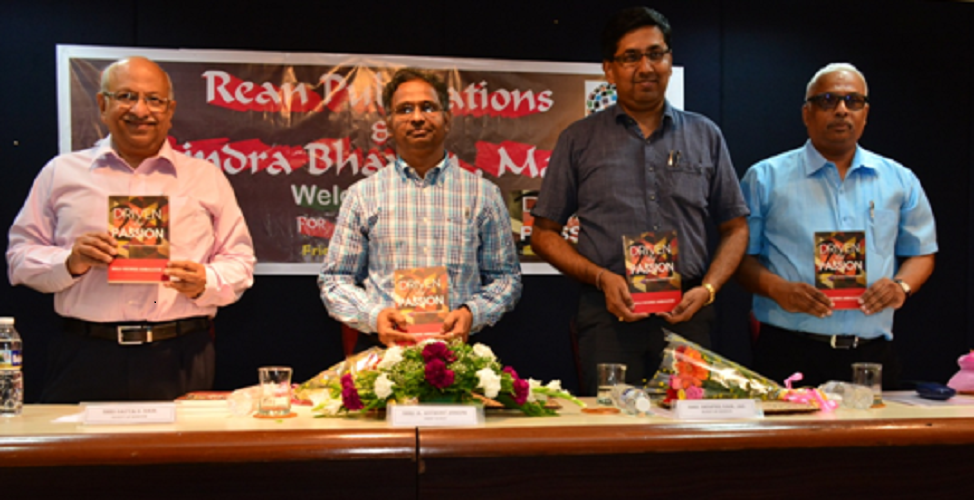
It was an easy assignment to convince the students into an internship but the stumbling block was their parents. Their argument was that their ward had to travel additional 10 to 15 kms to avail the internship. The dissenting parents became the champions of the internship programme. They identified and narrating the local success stories. In a short period of five years, I had a lot of stories to entertain the parents.
At that point I felt the need of documenting them for reaching a wider audience. And in the process became a start-up writer. Very soon, I realized that these stories were about how the entrepreneurs made their startup stories sustainable.
In all the stories, entrepreneurship grew out of their passion and dream to do something different.
While scouting for a publisher, I observed that their terms and conditions were unfavorable to start-up writers. A start-up writer gets ignored, neglected and squeezed by established publishers. At home, almost every day we used to discuss my interactions with the entrepreneurs. We talked about their business model, problems, creative solutions, etc. Excited about the stories, my son decided to publish my book through his start-up – Rean Publication.
At the end of this journey, I strongly feel that it is a mere coincidence that the entire assignment revolved around startup stories.
What are your future plans?
The joy, satisfaction and a new identity emerging from writing the book is great. Writing takes one into a new world of networks and challenges.
Writing this book was a part of my academic social responsibility to the state of Goa and its institutions. They had showered me with opportunities and nurtured me into what I am today. As a part of giving back to the society, my next venture will be to document the first time women entrepreneurs of Goa.
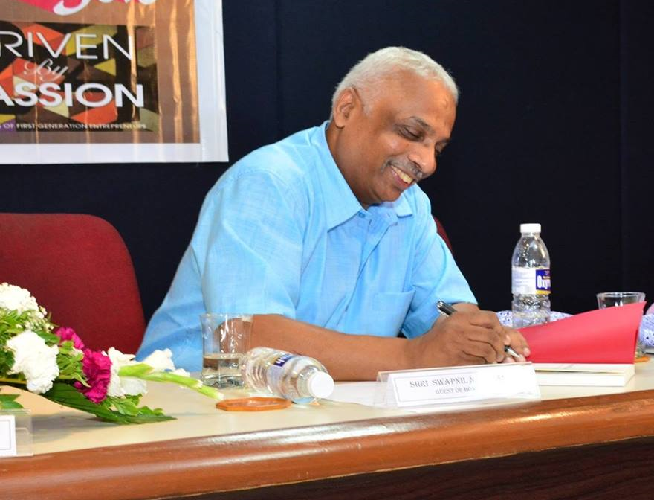

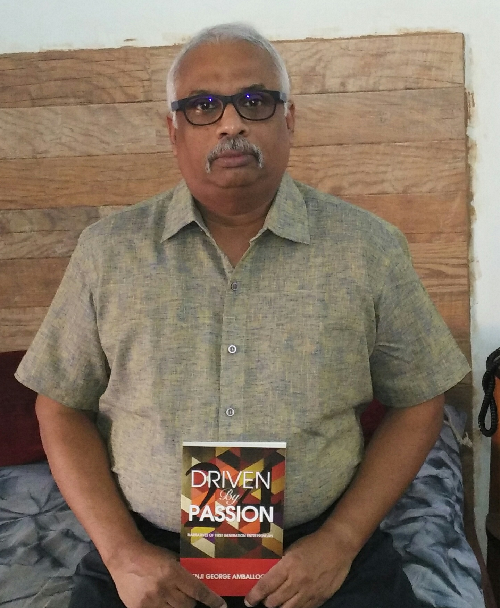

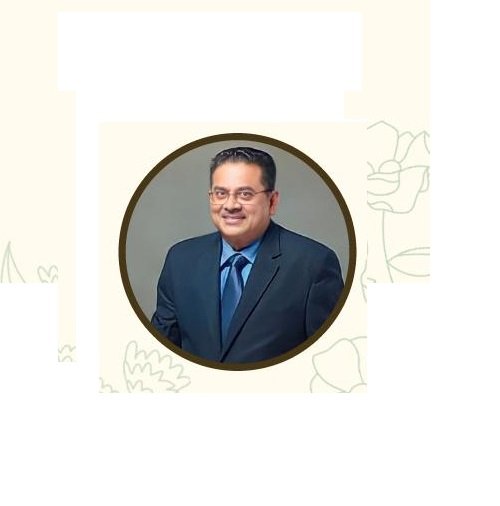
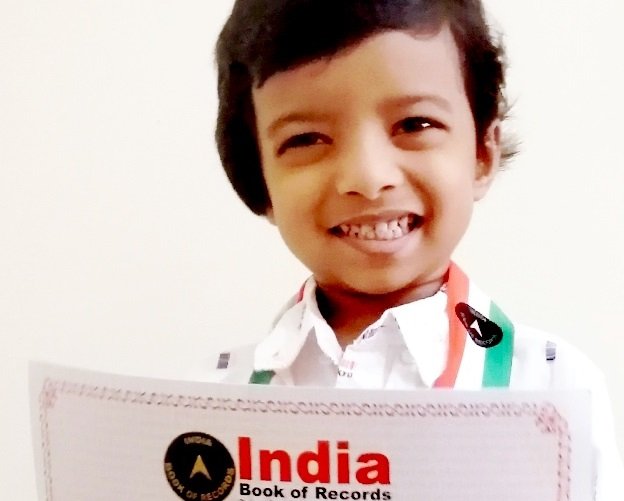

3 comments